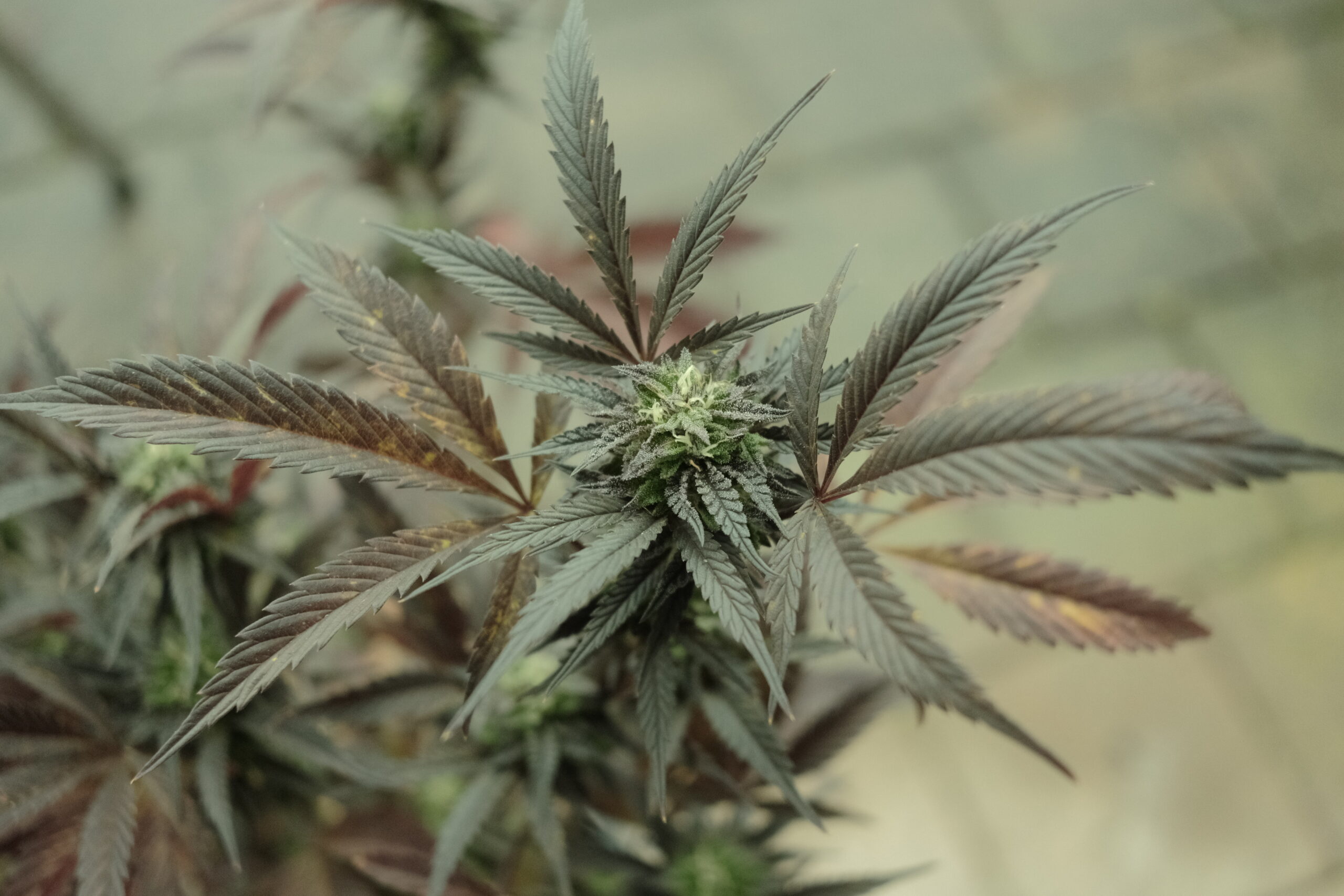For nature photographers, the pursuit of the perfect shot often requires more than just a camera—it’s an adventure. The best photos aren’t always found in your backyard or local park; sometimes, they’re deep in the wilderness, waiting for you to hike, camp, and patiently capture them. For those passionate about photography and the outdoors, combining photography with camping can unlock new levels of creativity and stunning imagery.
Why Camping and Photography Go Hand in Hand
Camping allows photographers to immerse themselves fully in nature. Whether it’s capturing the first light of dawn, the majesty of a clear night sky, or the intricate details of flora and fauna, camping provides access to unique environments that can make for truly spectacular photos.
When you camp overnight at your location, you eliminate time constraints and enjoy the freedom to explore golden hours at dawn and dusk, night photography under the stars, and more. Additionally, camping offers a sense of solitude and connection to nature that enhances creativity and mindfulness—two key components of any great photographer’s toolbox.
Essential Photography Gear for Camping Adventures
To get the best out of your outdoor photography, having the right gear is essential. Here’s what every adventure photographer should pack:
- Lightweight Camera: A mirrorless camera like the Fujifilm X-T4 is perfect for backpacking. It’s compact but powerful, offering excellent image quality without the bulk.
- Wide-Angle Lenses: For breathtaking landscapes, a wide-angle lens like the FujiFilm XF 16-55mm will capture the sweeping vistas of mountains, forests, and rivers.
- Tripod: A compact, lightweight tripod is vital for long exposure shots at dawn, dusk, or night. Consider one with adjustable legs for uneven terrain.
- Drones: For aerial shots of expansive landscapes, a drone like the DJI Mavic Air 2 is a game-changer. It allows you to capture unique angles from above.
- Portable Power: Bring a portable solar charger or power bank to ensure your equipment stays powered in remote locations.
- Sturdy Backpack: A rugged camera backpack with compartments for both your gear and camping essentials is crucial. Look for water-resistant materials and customizable padding.
Camping Gear for the Adventure Photographer
Comfort and convenience are key when you’re out in the wild. Here are some must-have camping essentials for photographers:
- Lightweight Tent: A durable, lightweight tent like the MSR Hubba Hubba NX keeps you sheltered but doesn’t weigh you down on hikes.
- Sleeping Bag: For those cold mornings, a sleeping bag rated for low temperatures will keep you warm and well-rested for an early start. The Nemo Disco 15 is a great option.
- Portable Stove: A compact camping stove like the Jetboil Flash helps prepare quick meals so you can focus on photography.
- Solar Power Bank: Keeping your devices charged is critical. A solar-powered charging kit can keep your camera and phone ready for action.
Tips for Photographing Nature While Camping
- Scout Your Location: Before setting up camp, walk around and explore your surroundings. Take note of the best angles, light conditions, and points of interest.
- Capture the Golden Hour: Early morning and late afternoon provide the soft, warm lighting that brings landscapes to life. Wake up early to capture those first rays of sunlight.
- Embrace the Night: Camping gives you a rare opportunity for night photography. On a clear night, capture the Milky Way or experiment with light trails using long exposures.
- Stay Patient and Observant: Wildlife and nature don’t always cooperate with your schedule. Be patient, observe your surroundings closely, and be ready for the unexpected moment that turns into a perfect shot.
- Tell a Story: Rather than just taking individual shots, think about how your photos can tell a story about your experience. Capture the journey, from setting up camp to the details of the landscape and local wildlife.
Final Thoughts
Camping and photography create a perfect harmony of adventure and creativity. Whether you’re capturing serene landscapes or wildlife in its natural habitat, combining your love for the outdoors with your photography skills can result in breathtaking images and unforgettable experiences.
So, pack your gear, charge your batteries, and set out on your next adventure. The perfect shot could be waiting just over the next hill.

